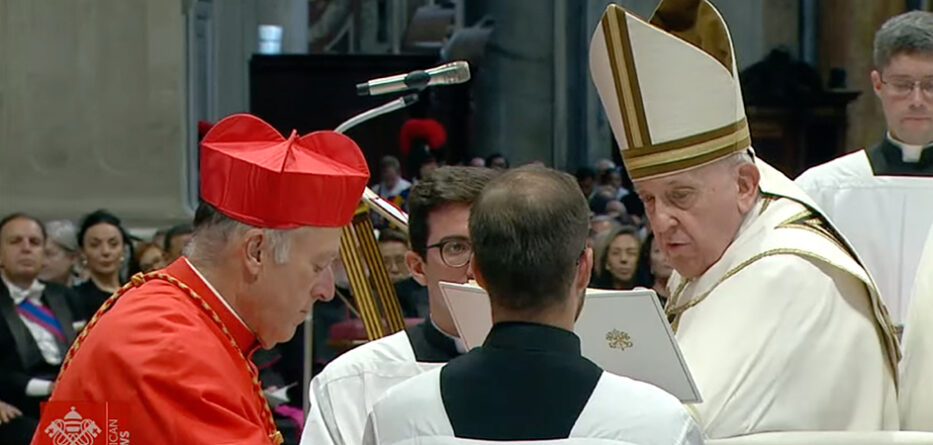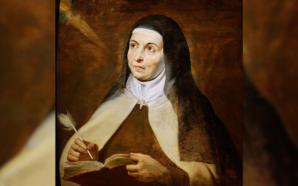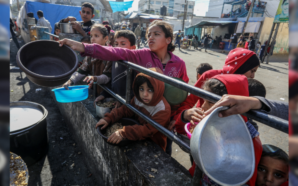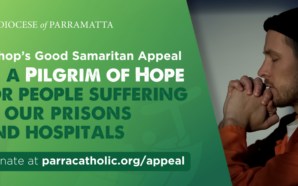As a long-ago moral theology professor of now-Cardinal Robert McElroy, I am leaning on this connection to make a modest contribution to the present substantial support and significant opposition he has received regarding his January article in America magazine on “radical inclusion” for LGBT people, women and others in the Catholic Church. To properly understand McElroy’s proposals, it is necessary to situate them in the context of the pastoral ecclesiology and synodal process advocated by Pope Francis.
The pastoral ecclesiology of Pope Francis is the background for McElroy’s essay. Francis envisions a consciously expansive church, characterized as a mother that excludes no one. A priority for the church today is to look forward, not backward. Francis’ pastoral ecclesiology accentuates what people share rather than what divides us. He preaches mercy, compassion and forgiveness, rather than stern admonishments and condemnations. Charity must prevail in all things. He echoes Pope St. John XXIII: “In essentials, unity; in doubtful matters, liberty; in all things, charity.” Francis insists that we must allow ourselves “to be surprised by God.”
In Evangelii Gaudium, Francis is calling for a far-reaching “pastoral and missionary conversion of the church in our time,” a reexamination of attitudes, structures and church practices in light of their capacity to effectively proclaim the love and mercy of God as shown in the Gospel. Dialogue (synodality) within the church is an essential component of this examination. The pope’s vision resonates with the opening lines of Vatican II’s Pastoral Constitution on the Church in the Modern World: “The joys and hopes, the grief and anguish of the people of our time, especially whose who are poor or afflicted, are the joys and hopes, the grief and anguish of the followers of Christ.”
McElroy highlights marginalized people who “because of circumstances in their own lives are experienced as impediments to full participation in the life of the church,” giving as two examples: those who divorced and remarried without a declaration of nullity, and members of the LGBT community. Following Francis’ pastoral ecclesiology, McElroy opines that these people must first be moved from the marginalized to the included through a careful pastoral pedagogy of discerning accompaniment. The primary pastoral imperative is to heal the wounded by way of sustained inclusion.
To continue reading this article, click here.
Gerald D. Coleman is a retired professor of moral theology, St. Patrick’s Seminary & University, Menlo Park, California, and Graduate Department of Pastoral Ministries, Santa Clara University, Santa Clara, California.
With thanks to the National Catholic Reporter (NCR) and Gerald D. Coleman, where this article originally appeared.








